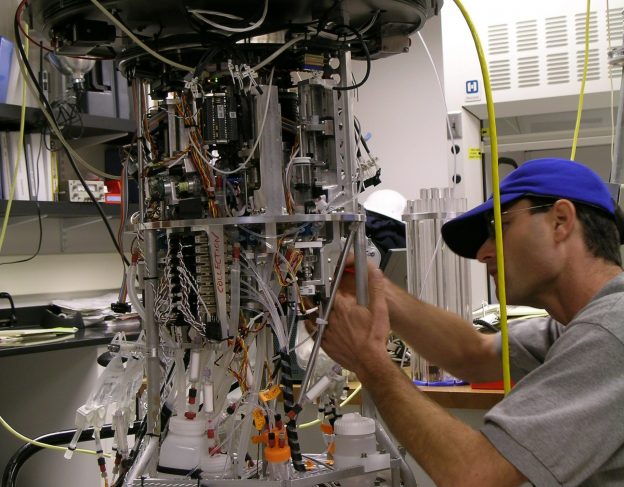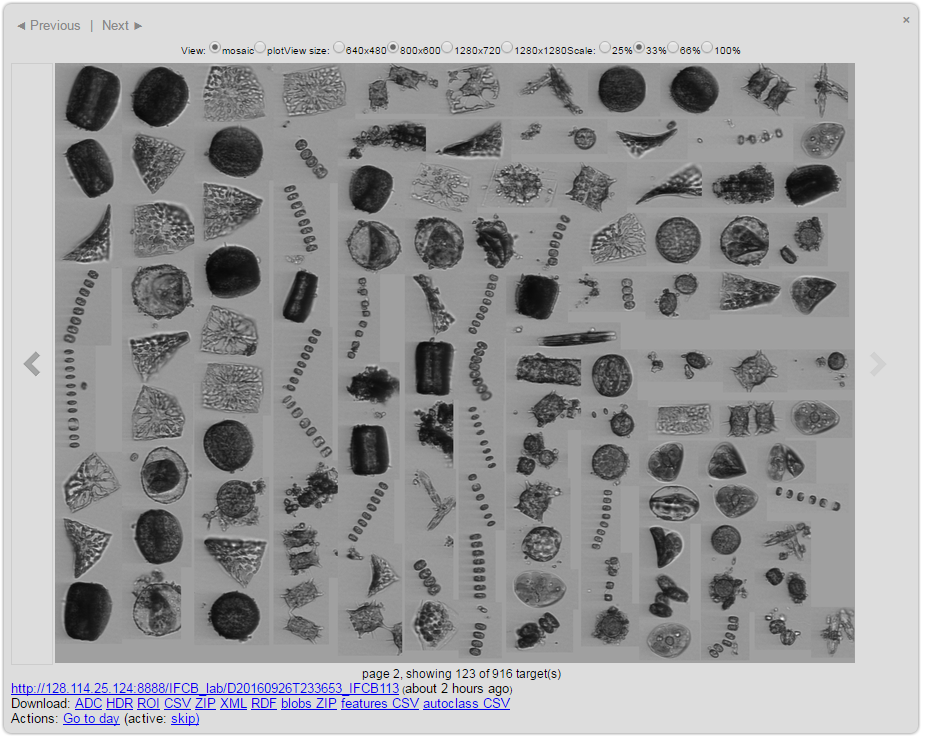Our region’s coasts and ocean are imperiled and undergoing rapid change. CeNCOOS is on the frontlines of documenting those changes and disseminating timely and long-term information about them. This information is key to enabling actions that safeguard marine resources for future generations. We are committed to serving regional stakeholder priorities while advancing nationally and internationally established standards and techniques. CeNCOOS continues to advance and integrate innovative technologies and practices into the system. Working with people has been, and will be, essential for shaping an observing enterprise that meets the threats—and the opportunities—in our shared future.
Rising to Meet the Challenge
CeNCOOS continues to advance integrated innovative technologies and practices into the system to enable an observing enterprise to meeting the challenges of the future. Ongoing innovations in CeNCOOS data management systems include streamlined access to observations in the areas of biology and ecosystems data and are enabled by the Southwest Fisheries Science Center (SWFSC) and supported in part by the MBON and ATN programs. Examples include data from video and still-image photographic surveys, marine genomic information including environmental DNA (eDNA), and ocean sound. We continue to improve compliance with international efforts such as the Darwin Core, Ocean Biogeographic Information System (OBIS), and GOA-ON metadata standard for biology and biogeochemistry, the World Register of Marine Species, and the training of artificial intelligence tools.


